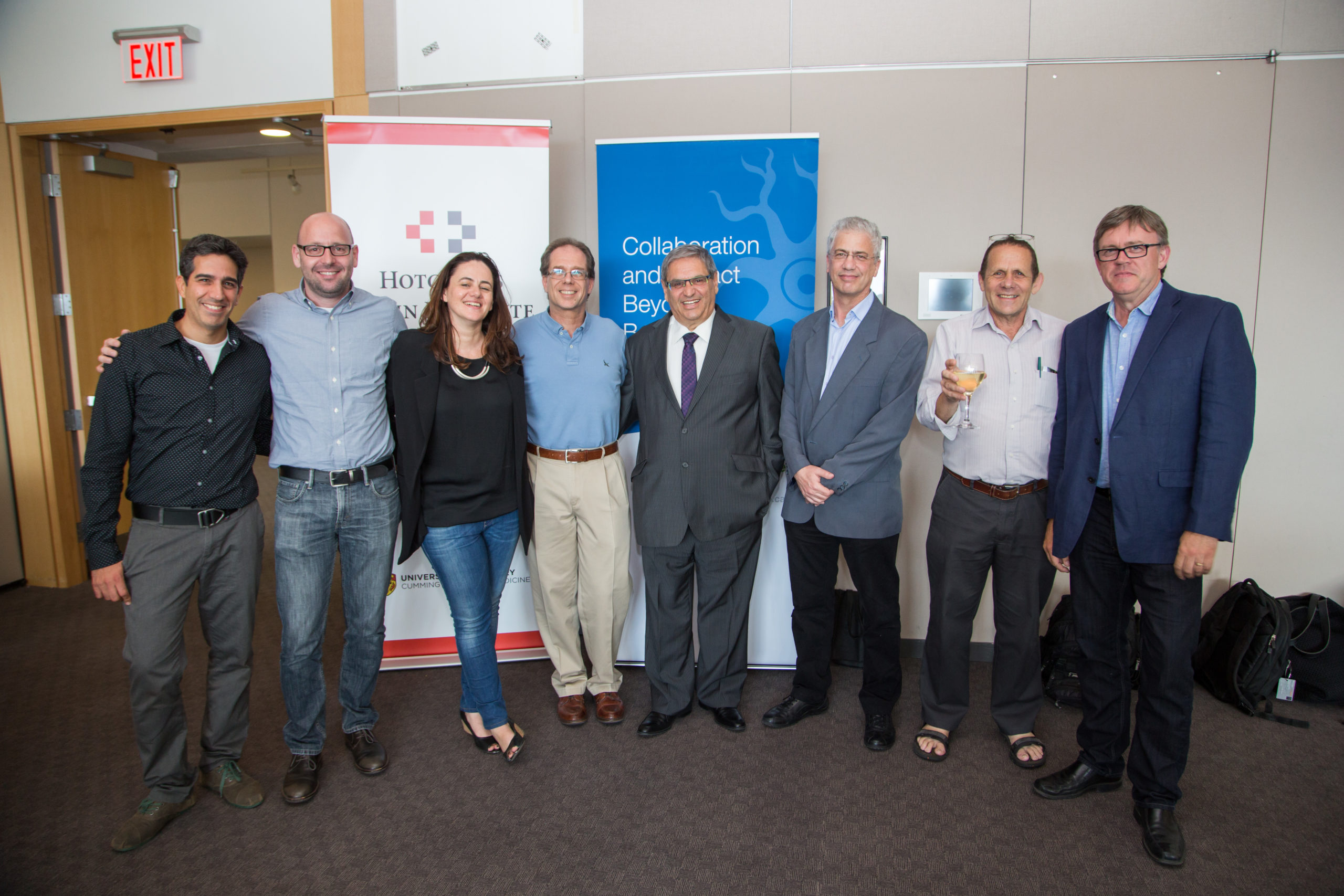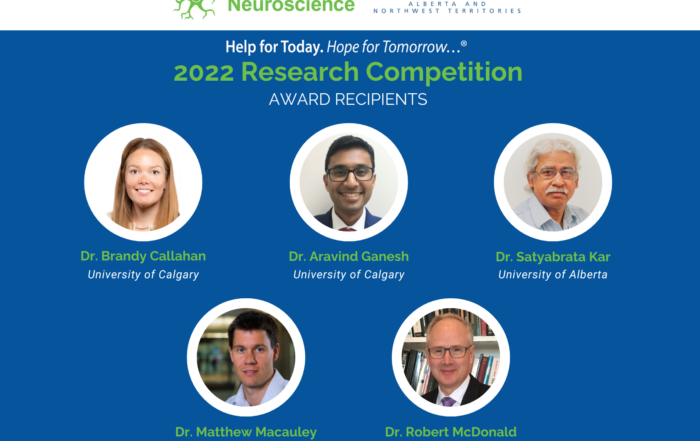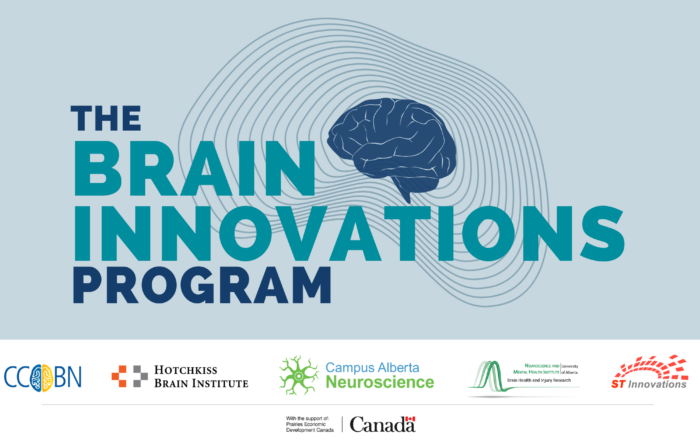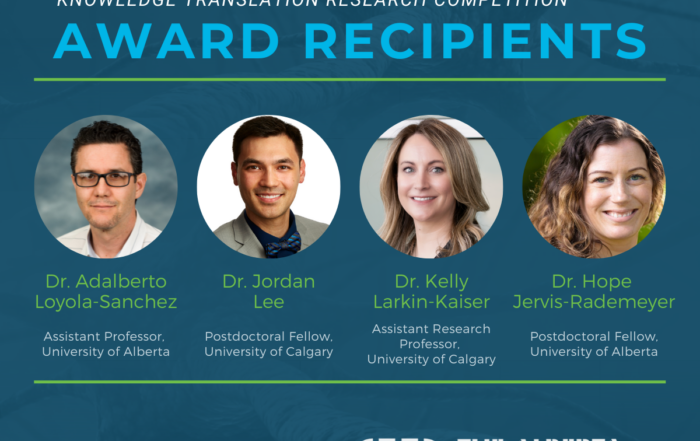An international symposium was held in June 2015 to promote the exchange of knowledge and ideas and to foster collaboration between top neuroscience research institutions in Israel and Alberta.
July 10, 2015
Israel-Alberta Neuroscience Symposium fuels international collaboration
Neuroscience researchers foster scientific exchange and share brain and mental health expertise

To foster collaboration between top neuroscience research institutions in Israel and Alberta, an international symposium was held last month to promote the exchange of knowledge and ideas.
The Hotchkiss Brain Institute (HBI) and Campus Alberta Neuroscience (CAN) partnered to host the Israel-Alberta Neuroscience Symposium in Banff, Alberta for a three-day event, held June 28-30, 2015.
Six neuroscientists from The Hebrew University of Jerusalem and the Technion – Israel Institute of Technology engaged in collaborative discussion with researchers from the universities of Alberta, Calgary and Lethbridge.
“At the University of Calgary, we are partnering with the best from around the world to bring about changes in everything from basic science through to translational research,” said President Elizabeth Cannon while addressing the crowd of distinguished guests and researchers in attendance at the opening reception.
Events at the symposium were attended by more than 50 researchers, trainees and dignitaries including Ambassador Rafael Barak, Ambassador of Israel to Canada; Hon. Michelle Rempel, Minister of State for Western Economic Diversification; and Cam Westhead, Banff-Cochrane MLA.
Sharing expertise to jump-start significant research collaborations
“This is a kick-start towards the goal of nurturing mutual interests into meaningful collaborations,” remarked Samuel Weiss, PhD, director of the HBI. “There is a tremendous amount we can learn from one another, and there is a great deal more to learn in the realm of brain and mental health that will only be achieved through collaborative approaches.”
“Today, breakthroughs in science aren’t a one-man show. They’re about teams co-operating,” echoed Ambassador Barak.
International partnerships are more important than ever as researchers find themselves facing larger and more complex problems.
Speakers at the neuroscience symposium showcased a variety of topics of shared expertise including movement disorders, multiple sclerosis, neural circuitry, neurodegeneration, neurotechnology and more.
Smaller breakout sessions identified the path forward to advance specific research collaborations. “This is about identifying interesting, viable and impactful neuroscience collaborations that can be developed by these five incredible institutions,” said Grant McIntyre, PhD, CAN’s executive director.
Eager to share ideas with one another, researchers made the most of this opportunity to interact. “We have all the elements to develop really fruitful collaborations,” commented Tamir Ben-Hur, MD-PhD, professor of neuroscience and Israel S. Wechsler Chair of Neurology at The Hebrew University of Jerusalem. “The people here have common interests, the same level of great science, and good chemistry.”
Symposium strengthens existing international relationships
“Our special strength here is that we’re building on pre-existing relationships,” said Anthony Phillips, PhD, scientific director for the CIHR Institute of Neurosciences, Mental Health and Addiction. “I know the quality of science in both countries is remarkable so nothing but good things can come of this.”
The scientific exchange followed closely on the heels of last month’s announcement of the Joint Canada-Israel Health Research Program, a $35 million funding scheme for Canadian and Israeli researchers working in biomedicine, with an initial focus on neuroscience.
The symposium also builds on the university’s formal partnership agreement with the Technion signed this spring, with a specific focus to promote collaborative research in energy and neurosciences.
The HBI’s leadership of the University of Calgary’s Brain and Mental Health research strategy coupled with CAN’s dedication to facilitating multi-campus collaborations made them ideal hosts for this international symposium.



